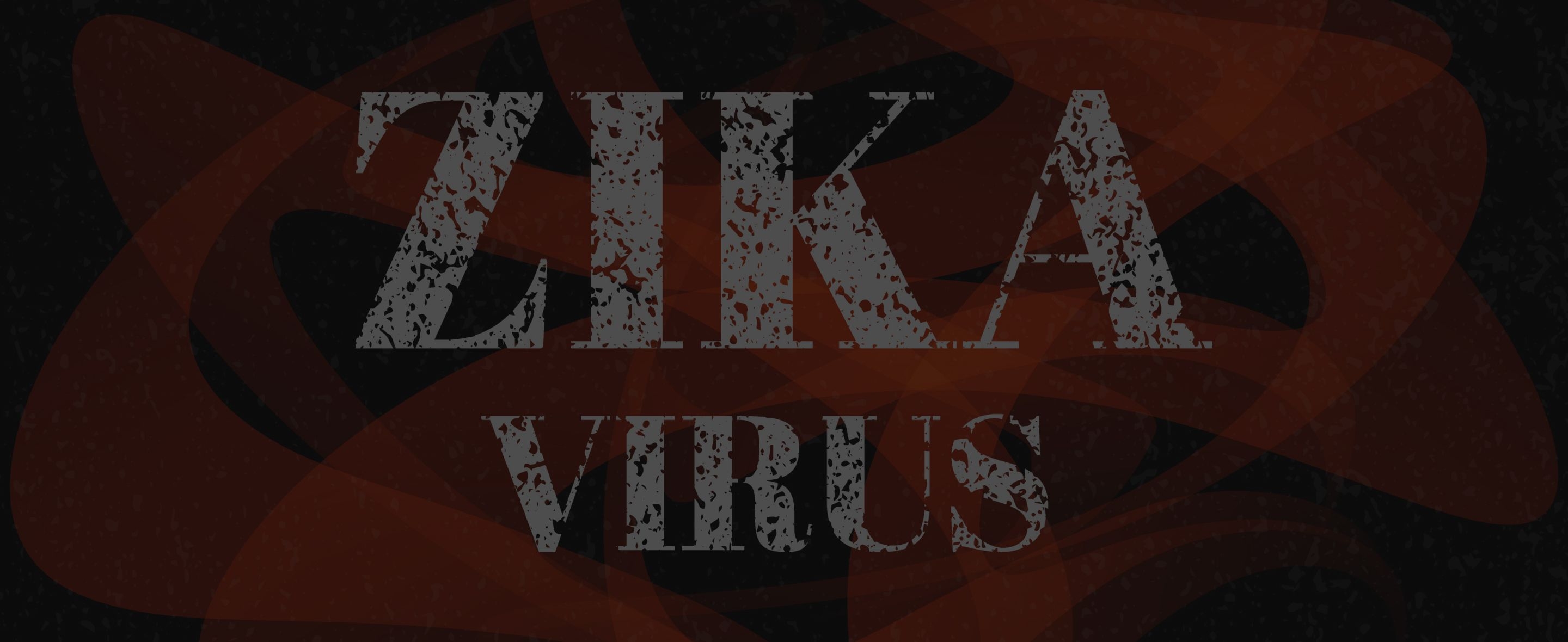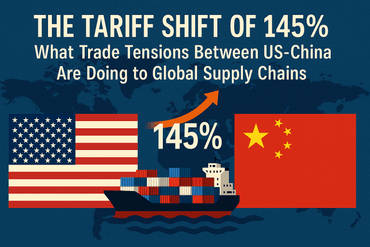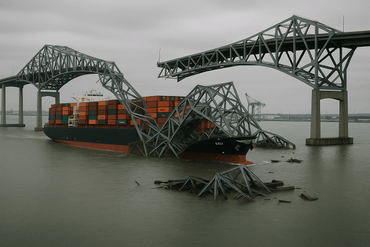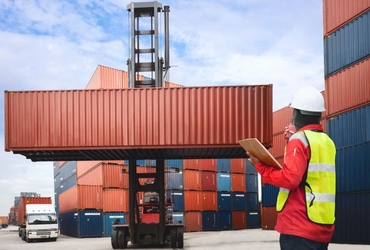
UPDATED: Anti-Zika treatment for US exports to China



UPDATED 9 Sep 2016
We’ve updated this post a second time to reflect the latest easing of regulations by Chinese authorities.
UPDATED 26 Aug 2016
Much confusion ensued from China’s addition of the United States to its list of Zika-infected countries. In large, US exporters were aware that it meant having to eradicate mosquitoes from all cargo arriving in China from the US. But the lack of clear guidelines from the Chinese threw many into a whirlpool of disarray and confusion. Following that, US officials in Beijing met with the head of China’s Inspection and Quarantine Ministry (CIQ) to shed light on certain details of this new regulation. This updated post reflects the clarifications.
China, US, and Zika treatment
The Zika virus continues to unsettle even as the Olympic Games in Brazil comes to a close. In a move to combating the virus, Chinese authorities added the US to its list of Zika-infected countries (effective August 2016). What that meant was that all ocean freight shipments from the US to China had to be certifiedmosquito-free in the form of a Mosquito Eradication Certificate (MEC). However, following China’s easing of the regulation in early September, it appears the mandate now only applies to shipments originating from the state of Florida.
China released its first ‘Notice on Prevention and Control of ZIKA Virus’ in March 2016. It required travelers arriving from Zika-infected countries exhibiting symptoms to declare themselves to authorities. Transportation vehicles arriving from these countries must also have undertaken the required mosquito-eradication measures. Its updated list of Zika-infected countries in August 2016 includes the US.
This is an added headache to US exporters dealing with a country where, already, rules and regulations are sometimes vague. Not to mention those of Chinese businesses as well. As it is, many shippers remain unaware of the necessary new steps they need to take. Those trying to get to the root of it end up with more questions than answers. Furthermore, word on the ground is that interpretations of these new regulations vary from port to port. This certainly adds to the already confusing situation. Reports that Chinese authorities have turned away some US companies for noncompliance have also surfaced.
In a bid to rectify this, US officials clarified certain aspects of this new regulation in their meeting with CIQ, compiled in the following:
Before setting sail
- No government certification of the MEC is required, as previously thought.
- Either the vessel or the container must be certified, not the goods themselves.
- Commodities kept at 59 degrees Fahrenheit (15 degrees Celsius) and below are exempt from Zika treatment.
- Disinsection* does not require fumigation. Cargo can be treated physically (e.g. trapping, air curtains, or other integrated pest management techniques) or chemically (e.g. surface spraying, space spraying, fumigation).
- Shippers do not need to treat cargo that departed the US prior to Aug 5.
- Treatment can be carried out at any point during the shipping process. That is, containers can be disinsected before loading, certified, then loaded in a mosquito-free environment.
*Disinsection, in this case, means killing live mosquitoes, their larva, and eggs.
Despite these new clarifications, questions remain. For example, it’s unclear how a container originating from an area below 59F but passing through warmer waters and hence raising the temperature will be treated.
What the MEC needs to show
This certificate must be in English or Chinese and contain the following information:
- When and where the treatment was taken
- Amount and number of containers
- Issuer
- Exporter
- Importer
- Cargo information
- Effective ingredient, doses, instruction, and duration of anti-mosquito agents
- Confirmation of eradication: The Certificate shall certify that the subject vessel was disinfected against mosquitoes before departure.
The U.S. Department of Agriculture’s Foreign Agricultural Service has created a Zika Certificate Template which you can follow.
Upon arrival in China
Failure to provide the MEC upon arrival in China may result in immediate inspection, quarantine, and fumigation of your vessels. Shipments found to contain live mosquito eggs, larvae or mosquitoes upon an inspection at the Chinese port will be subject to disinsection. This could mean an additional four-hour delay to unloading your cargo (two hours for spraying the disinfectant and another two hours for its volatilization). If your shipment requires disinsection upon arrival, it will cost you 200 yuan ($30) and 400 yuan ($60) for a 20-foot and 40-foot container respectively. These figures are estimates and vary at each port of entry.
Chinese authorities will not impose trucking charges for transporting the container to the fumigation site if necessary. However, some shippers say that the final cost of this with all added expenses included could reach 2,000 yuan ($300) for a 40-foot container. **Furthermore, reports say this process of fumigation upon arrival will introduce a one- to three-day delay. **
Note that these regulations **apply to goods originating from another country that’s on China’s Zika-infected list. **
How will this Zika-treatment requirement affect US exports?
First and foremost, the policy set to remain in effect until March 2017. And this is certainly going to cause delays in export shipments. With fall, the most important shipping season, just around the corner, this a major cause of concern for many Floridian exporters. They now face the risk of various shipping delay charges with this added Zika treatment measure. Already, US-based Agriculture Transportation Coalition says the new rules will disrupt US exporters’ ability to deliver goods in an “affordable and timely manner”. Many have voiced worries that the new Zika treatment regulations could lead to a loss of business. Exporters in Brazil have been dealing with the new measures for months. They say the regulations have resulted in massive backlogs and even damaged cargoes as a result of fumigation.
Shipping lines including MSC and OOCL have sent out advisories to customers, warning of the possibility of cargo delays. Delays aside, shippers must also take note of the following:
- Carriers are not responsible for administering this procedure.
- All related costs for fumigation will be borne by the customer at origin or destination.
- It is the consignee’s responsibility to inform shipper (at origin) to provide valid proof of disinsection before loading.
If still in doubt, you can check out this document by FAS with the most recent updates and an FAQ section.
Erring on the safe side: Stringent Zika treatment
These stringent Zika treatment measures by China should come as no surprise. The 2003 SARS outbreak in the region claimed over 700 lives in 37 countries, with the majority of the cases in Hong Kong. It took the government three months from the first diagnosis to inform the World Health Organization of the outbreak. This led many to blame Beijing’s failure to react and control the epidemic.
Here’s a quick look at the Zika virus in US and China, and the countries affected by China’s anti-Zika measures.
![]()
Related Articles


